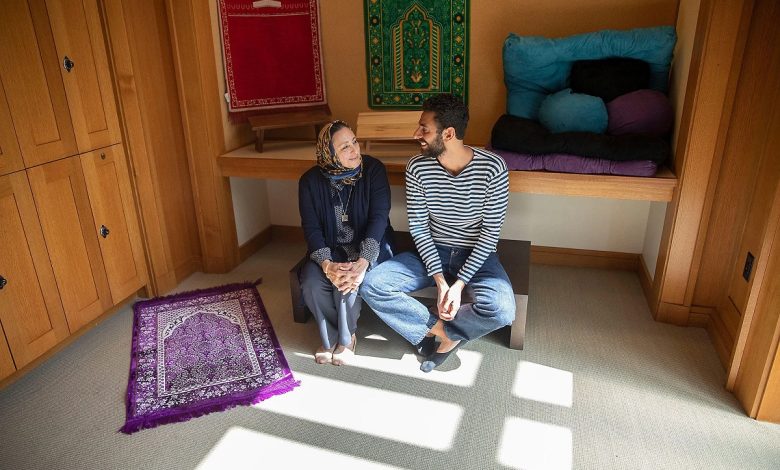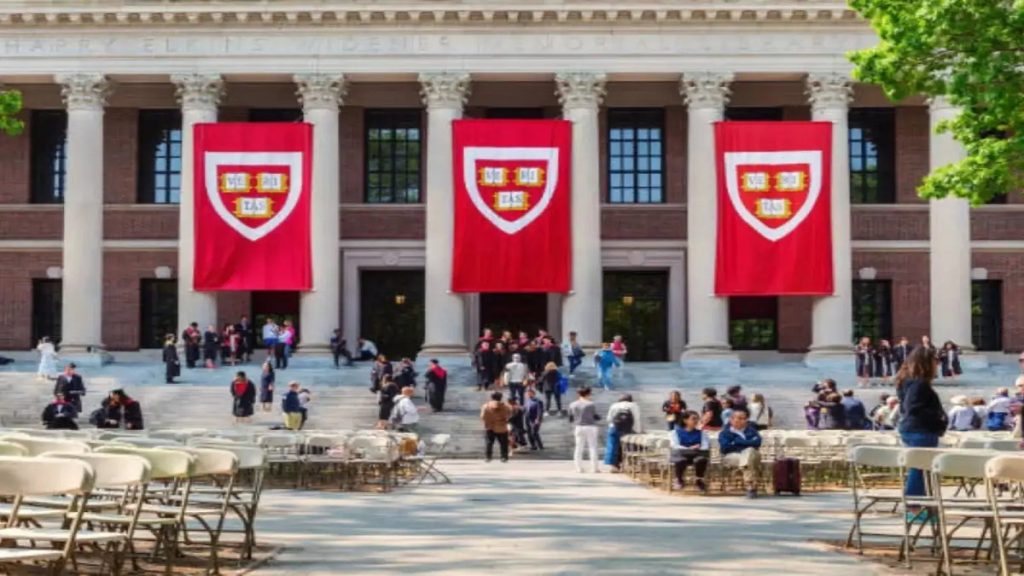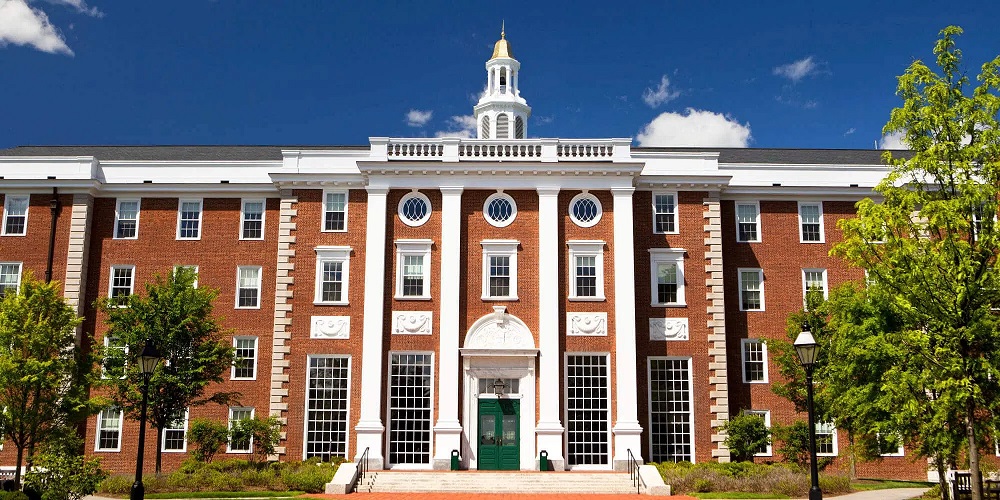Harvard University Opens Permanent Muslim Prayer Space, Strengthening Religious Inclusion on Campus
A landmark step toward religious inclusion on campus as Harvard responds to student advocacy and calls for interfaith equity.

In a move unprecedented in decades, Harvard University has announced the opening of two new dedicated prayer spaces for Muslim and Hindu students, responding to student demands and recommendations from internal task forces advocating for greater religious inclusion on campus.
Starting this fall, the second floor of Harvard’s Smith Campus Center will be designated as a permanent prayer room for Muslims, replacing temporary spaces previously split between the third floor of Sever Hall and the basement of Canaday Hall. The Canaday space will now be repurposed for “Harvard Dharma,” a Hindu student organization experiencing growing attendance in worship sessions.
Shakira Ali, a Class of 2028 student and Co-Director of Internal Relations for Harvard’s Islamic Society, expressed deep relief at the change:“Having a permanent place to pray makes me feel that my faith is respected, and I no longer have to search for a spot or worry about my prayer mat.”
She added that the temporary spaces made Muslim students feel like they were “being shuffled from place to place,” sometimes even requiring them to take the Crimson Cruiser bus to far-off spots like the Hilles Student Organization Center.

Harvard’s Muslim Chaplain, Khalil Abdur-Rashid, announced the new prayer space via email, noting that preparations are underway, including installing a foot-washing station for ablution. He wrote:“We expect this space to be a source of peace and spiritual upliftment for our Muslim community, and to contribute to a pluralistic environment on campus.”
The decision coincides with recommendations from task forces formed in April, which called for addressing bias against Muslim, Arab, and Palestinian groups, including a specific recommendation to create “permanent prayer spaces for Muslims.”
According to The Harvard Crimson, the move comes amid heightened political pressures on the university, particularly following the war in Gaza, which sparked accusations of antisemitism and Islamophobia. These events prompted Harvard to review its religious policies, launch new initiatives such as “interfaith dialogue,” and strengthen academic ties with Israeli institutions—while drawing criticism for lacking equivalent commitments to Islamic, Arab, or Palestinian studies.
This decision holds symbolic significance for the Arab and Muslim communities in the United States, enhancing their sense of belonging and respect within academic institutions, and fostering greater religious and cultural inclusion in environments previously accused of exclusion or bias.

The Council on American-Islamic Relations (CAIR–Massachusetts) welcomed the move. In a statement, Executive Director Tahirah Amatul-Wadud said providing a permanent prayer space for Muslims affirms the importance of religious inclusion, ensuring Muslim students feel valued, respected, and supported.
“We also celebrate the simultaneous opening of a Hindu prayer space as a positive sign of the university’s commitment to pluralism and equality among all faiths,” she added.



